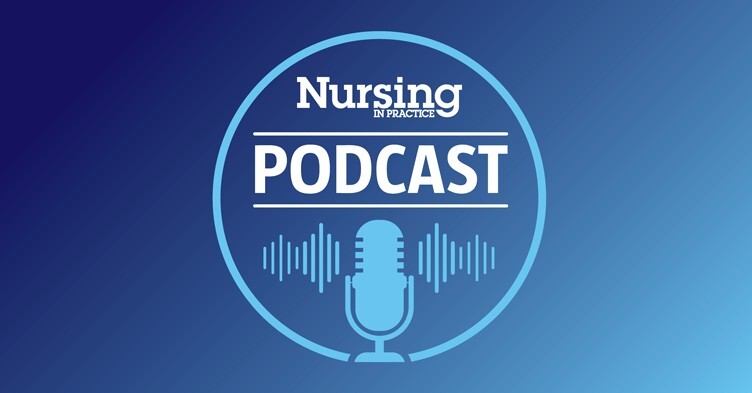Unite ballot sees NHS staff in England reject pay award

NHS staff in England have branded this year’s pay award as ‘unacceptable’ and have signalled appetite for strike action, a ballot held by the union Unite has shown.
Some 89% of voting NHS members have rejected the 3.6% pay award given by the government for 2025/26 and said they are prepared to take industrial action, including strike action.
The news comes after the government said yesterday that it could not move ‘any further’ on headline pay for NHS staff this year.
Over the weekend, national media, including BBC News and The Times, reported that NHS members of the Royal College of Nursing (RCN) in England have also voted to reject the pay deal.
The RCN has not confirmed this, however, and said the results would be released later this week.
Related Article: Nursing in Practice launches new podcast – listen now
Today, Unite said it had called on the UK Government to meet with the union to ‘avoid a strike’.
Unite members who have rejected the deal include those working in NHS trusts, ambulance services and national organisations such as NHS England and NHS Blood and Transplant.
Unite general secretary Sharon Graham said: ‘When it came into power this government was clear that the NHS was broken.
‘But staff are still leaving in droves and morale is still at an all time low.
‘The NHS can’t be repaired while the government continues to erode pay and drastically cut NHS budgets.’
She added: ‘This pay award does nothing to reverse 15 years of real terms pay reduction.’
Unite also asked its members about upcoming government cuts to the NHS – which is set to see headcount across both NHS England and the Department of Health and Social Care (DHSC) cut by around 50% and NHS England eventually abolished.
Unite saw 95% of voting members express their support to take industrial action to ‘oppose cuts to the NHS’, the union said.
Related Article: New chief nursing officer for Scotland confirmed
Unite national officer for health Richard Munn added: ‘On the issue of cuts our members are baffled – it is literal Orwellian doublespeak. How can the NHS be “fixed” with thousands of staff at risk of losing their jobs?
‘To propose huge job losses on the scale suggested is completely nonsensical and smacks of headline grabbing politics as opposed to delivering better services. It is no surprise that almost all members who voted are prepared to take action against cuts.’
The union said it was committed to working with the government to resolve the issue, but that a ‘lack of willingness from ministers to date’ meant it was going to progress towards a formal ballot on industrial action.
A DHSC spokesperson said: ‘This is disappointing news given the government accepted the independent pay review body’s recommendations in full to deliver the second above inflation pay increase in a row this year for staff on the Agenda for Change contract.
‘We can’t move any further on headline pay, but this government wants to work constructively with unions to address their major concerns – that includes pay structure reform, concerns about career progression, and wider working conditions.’
Earlier this month, Unite NHS members in Wales also voted to reject a 3.6% pay award.
Related Article: Government ‘can’t move any further’ on nurse pay, RCN told
And last week the GMB union, which represents thousands of NHS staff, also rejected the government’s pay deal in an initial consultative vote – with a 67% majority voting against the pay award offered for 2025/26.
The 3.6% pay award for NHS staff in England and Wales, backdated to April, is in line with recommendations of the NHS Pay Review Body.
Separately, GP practices in England have been told by the government to pass on a 4% uplift to employed practice nurses, but concerns have been raised around the volume of practice nurses who miss out on pay rises because funding is not ringfenced.

See how our symptom tool can help you make better sense of patient presentations
Click here to search a symptom




